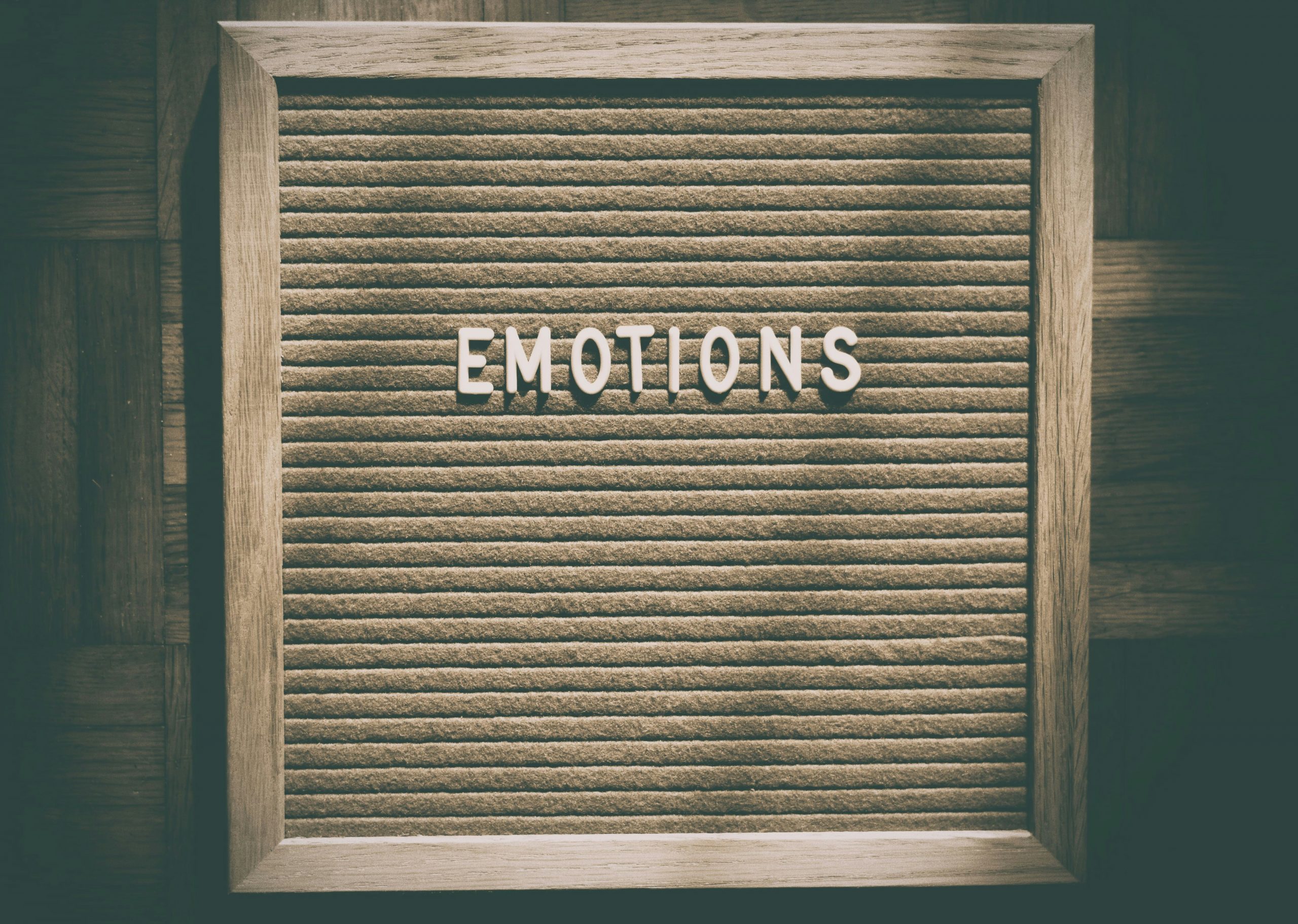I think we all need to get better at losing chess games, starting at the top and going all the way down to lowly me. It won’t be news to most people reading this that Magnus Carlsen pounded the table hard enough for pieces to topple over when he lost to World Champion Gukesh during the Norway Chess tournament. What interested me were the reactions of two of the commentators, IM and WGM Tania Sachdev and IM and WGM Jovanka Houska. I’m paraphrasing rather than going back to the video for exact quotes, but Sachdev said something about chess being a brutally emotional game, which she implied made his reaction understandable. Houska, on the other hand, said that such behavior was unacceptable, full stop. What do you think?
I have a lot of thoughts about this. First, it’s a shame that our pastime rarely gets in the news unless there is cheating or violence, which are very rare, statistically speaking. Brawls at Major League Baseball games tend to grab headlines, but a player throwing his helmet or batting gloves does not.
Chess does feel to me like a game that is brutal on the emotions. Not letting it be so is a chess goal of mine that is as important to me as raising my rating. The reasons that losing at chess packs such a punch are cited frequently. It is an individual sport in which both players have almost total equality, the sole exception being that the person playing with the white pieces derives a minimal advantage. Moreover, a loss cannot be attributed to or shared with a teammate, except in the case of rare team chess tournaments. Improving in chess is difficult and time-consuming, and since most of us have a winning percentage that is just a little higher than 50 percent, only rarely does it feel that all those hours of study and practice have paid off.
And then there is the rating issue. After every game you play, unless it is casual over-the-board or you find someone to play an unrated game online, your rating either goes up or down. So it feels like you are constantly being graded, and the hope of gaining back lost rating points can easily lead to playing binges and tilt. Yes, a baseball player’s batting average is similarly affected by every at-bat, but the player can’t play extra games to get extra at-bats on demand, with the hope of adding points back to his average. Hitting a baseball is really hard, too: if a player gets one hit in three times at bat, his batting average will be almost as good as it gets. In the course of his career, Ted Williams got a hit “only” 34.4 percent of the time. We chess players are lucky that we may win around 50 percent of the time.
One sad indicator of chess’s brutality on the emotions is that one regularly sees on social media or hears from fellow players that someone is quitting the sport altogether because of this. I started playing chess several years ago, and after some flailing around, I found a coach who emphasizes mastering the emotional side of the game right along with all of the on-the-board skills. Just as I feel my chess has improved despite my plateau, I am certain that my emotional approach to the game is also better than it was at first. I see fewer ghosts, and I try not to make assumptions about a given game’s outcome at any point. The rare times that I feel confident can be just as detrimental to my play as feeling utterly lost due to a minor blunder.
Some losses can still feel brutal, but these are much rarer for me than they were at the outset. I’m hopeful that my emotional game will continue to improve, and I have learned that one important way to assure this is to make a mental note during the game of how I felt when I made a move, especially a decisive one. I’m also beginning to read books that discuss this aspect of the game, such as the Seven Deadly Sins of Chess, which I plan to write about here in the future.
Yes, chess can be brutal on the emotions, but let’s not use this fact to excuse unacceptable behavior or to quit chess entirely. Looking inside can only help our game–and even our attitude toward life’s other inevitable setbacks.
[An Older Woman’s Chess Journey is a proud affiliate of ChessGoals–if you use the link here to purchase from them and enter “dawn” as the coupon code, you will receive 30% off their courses, and I will receive a commission. Purchasing via an affiliate link doesn’t cost you any extra, and I only recommend products and services I trust.]
Top photo by Alexas_Fotos on Unsplash

Be First to Comment